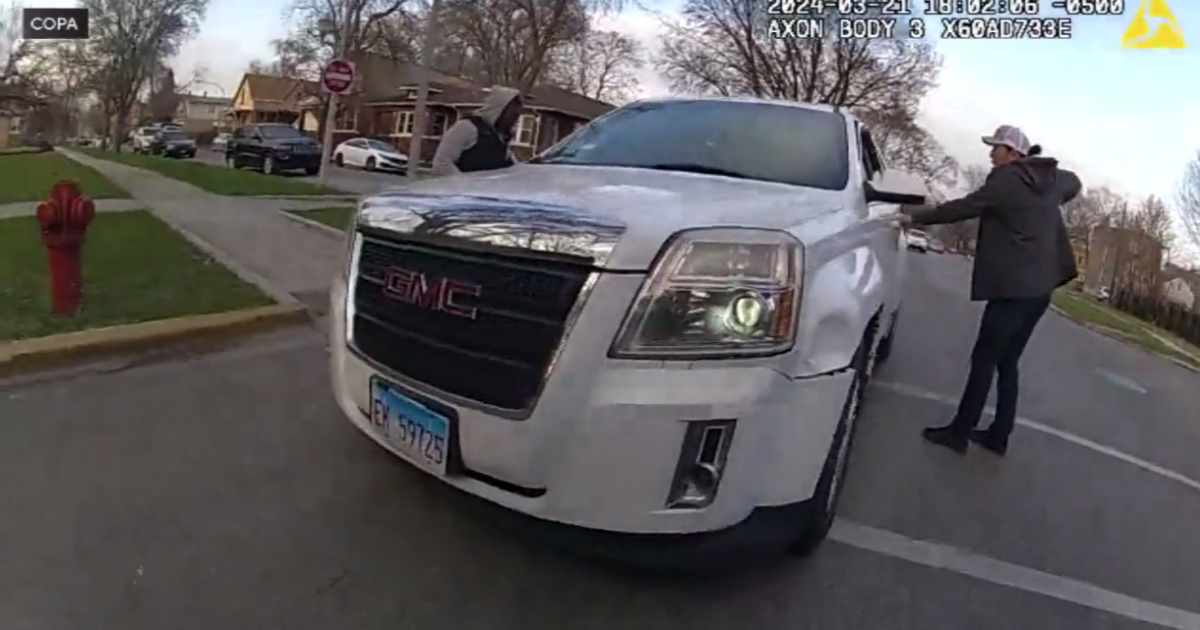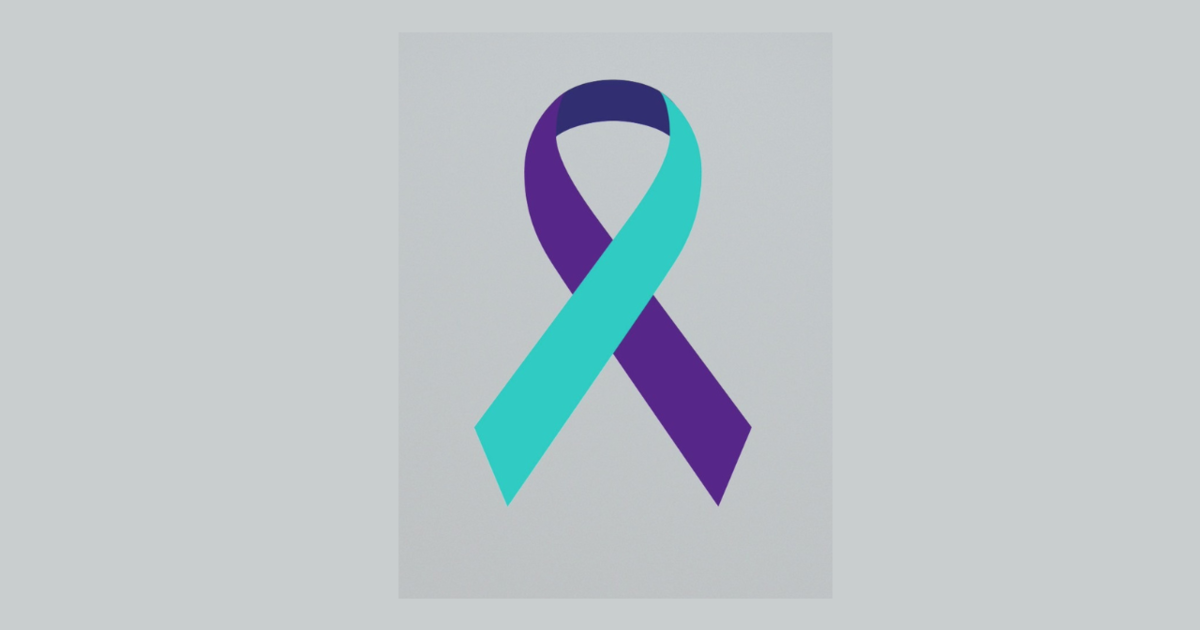Jury Awards $3M To Widow Who Sued Drug Firm Over Husband's Suicide
CHICAGO (CBS) -- The death of a Chicago attorney who committed suicide by jumping in front of a CTA train was caused by the generic version of an anti-depressant medication he was taking, according to a federal jury in Chicago, which ordered drug giant GSK to pay $3 million to his widow.
The jury found GlaxoSmithKline liable for the death of Stewart Dolin, who jumped in front of a Blue Line train in the Loop in July 2010. The jury awarded Wendy Dolin $2 million in damages and $1 million for her husband's suffering, according to the law firm representing her in U.S. District Court in Chicago.
The nine-person panel agreed with the claims made in the 2012 lawsuit that a generic version of GSK's Paxil, sold as paroxetine, caused Dolin to take his own life.
"GSK has known for two decades that Paxil can cause people of all ages to commit suicide," said a statement from attorneys Michael Baum, Brent Wisner and Dave Rapoport. "GSK not only hid the risk, but stuck its head in the sand and ignored countless suicides that occurred in its clinical trials. It claimed, and the jury agreed, that pain Dolin suffered in the days prior to his death were a dangerous side-effect of the drug, and caused his suicide."
Dolin died of multiple injuries suffered when the train struck near the Washington stop by a Loop Blue Line, the Chicago Sun-Times reported at the time. The Cook County medical examiner's office ruled the death a suicide.
But the suit claimed Dolin, 57 at the time of his death, and co-chair of Reed Smith's corporate and securities practice, would not have killed himself except for the prescription he began taking days before he jumped in front of the train.
"GSK's argument is akin to a car speeding past a cop, the cop doesn't stop the car, and the car crashes into another car and kills someone — the driver who killed someone cannot state it's not his fault because the cop didn't stop them," the attorneys said.
The suit claimed GSK failed to adequately warn Dolin's doctor about the drug's association with an increased risk of suicidal behavior in adults.
GSK initially argued it should not be held liable because it did not manufacture the pills Dolin was taking, but the judge ruled the company was responsible for the label, and knew or should have known failure to warn could result in harm, even to those taking generic versions of the drug.
"The Black Box warning, which states there is a suicide risk for children, adolescents and young adults, but the risk ends at age 24, is just wrong," the attorneys said. "During the trial, GSK swore off its responsibility for ensuring the truthfulness of the label, arguing that, because the FDA never made GSK warn of a suicide risk, the company should be exonerated."
The suit originally sought $39 million in damages, but the attorneys were happy with the verdict.
"We are very pleased with the jury's verdict and are grateful for their diligent service. We feel justice has been served," the statement from the attorneys said. "This verdict should send a clear message to GSK and other drug manufacturers that hiding data and manipulating science will not be tolerated."
"We are hopeful this verdict will result in a labeling change to warn that people of all ages are at risk," the statement said.
A spokesman for GSK did not immediately respond to a request for comment.
It was the second Paxil suicide case to go to trial, the first being a 2001 suit filed in Cheyenne, Wyoming, after Donald Schell shot and killed his wife, his daughter, his granddaughter and then himself while under the influence of Paxil, according to the attorneys' statement. It resulted in a multimillion dollar verdict in favor of the plaintiff.
(Source: Sun-Times Media Wire © Chicago Sun-Times 2017. All Rights Reserved. This material may not be published, broadcast, rewritten, or redistributed.)



